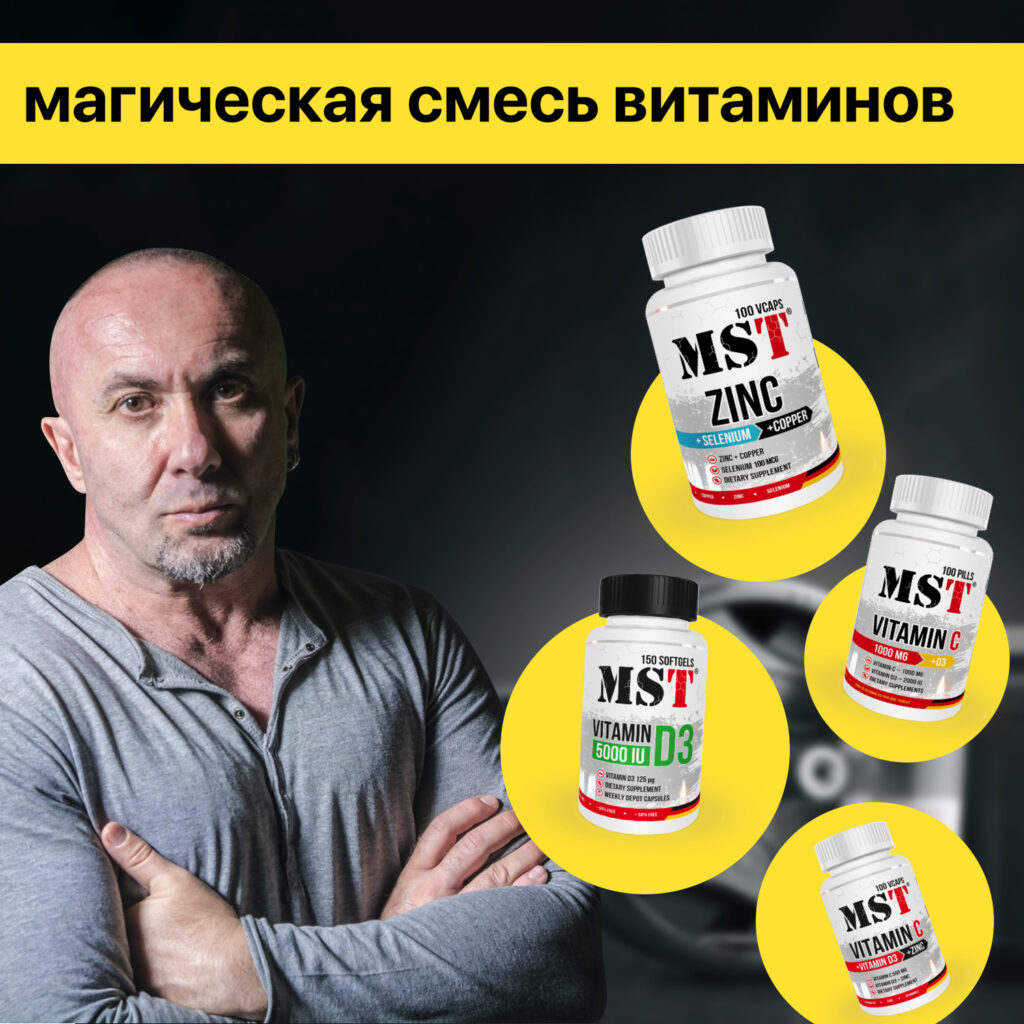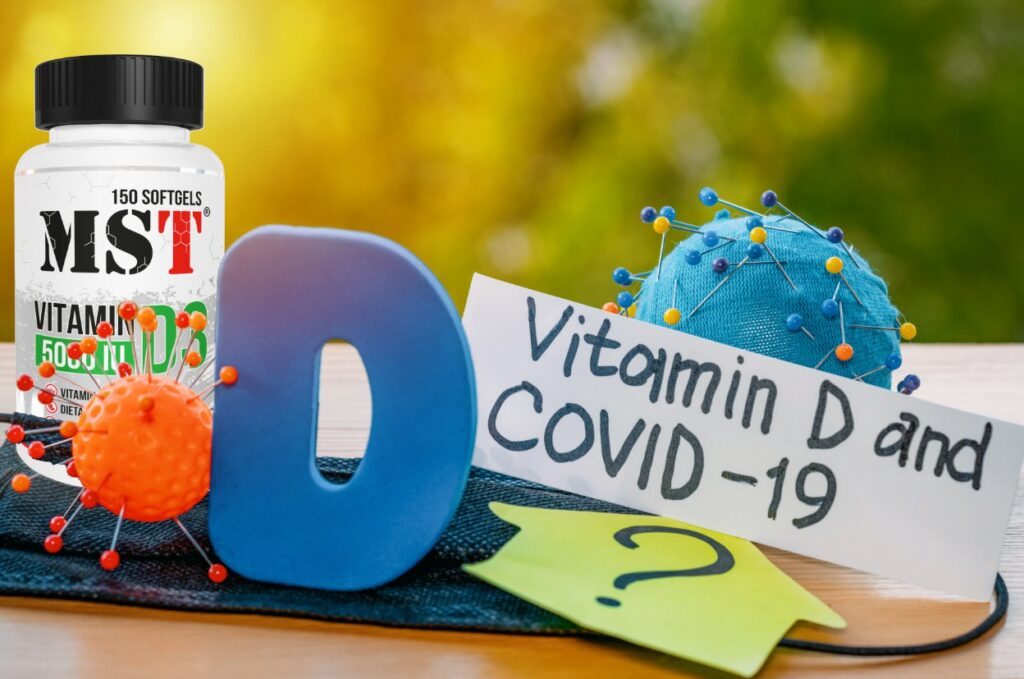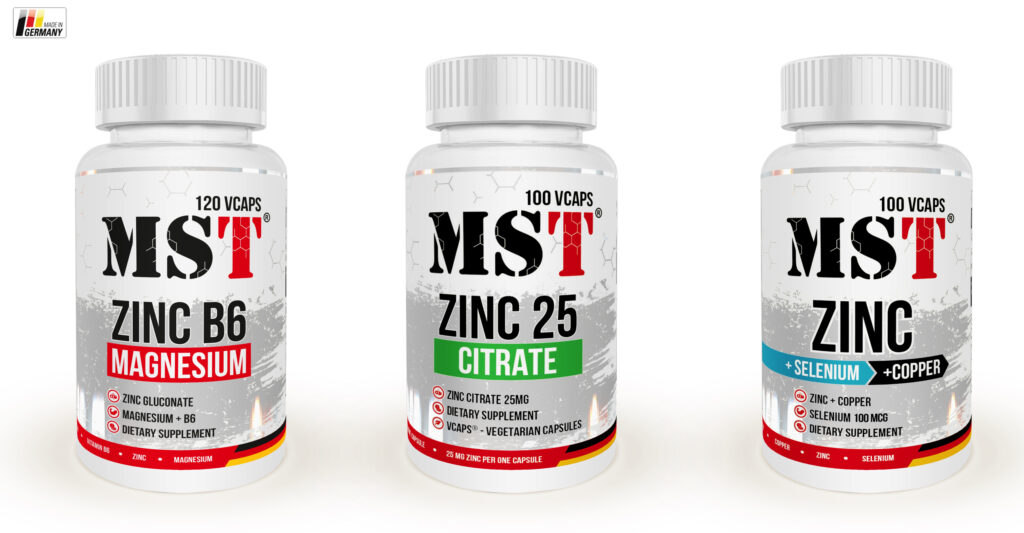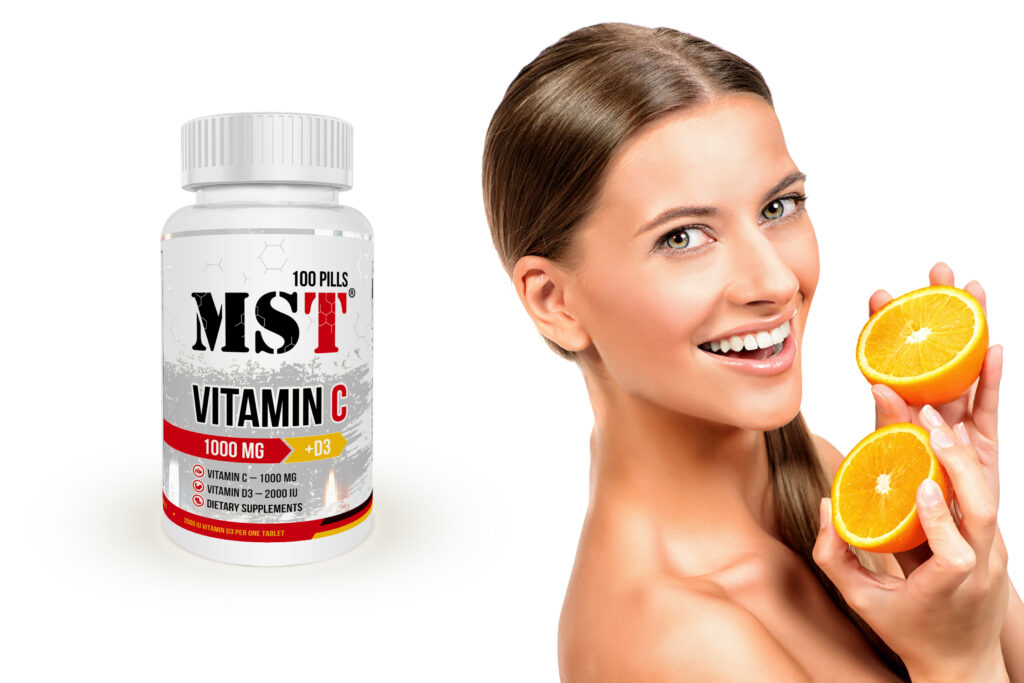“Winter + COVID-19” is an extremely unpleasant combination. While isolation is important, sometimes it’s necessary to leave home. Relying solely on a mask when there are many “maskless” people around isn’t enough; something more is needed. Vaccination? That’s not happening in the next few days or even months. We need something that can be acquired right now.

Let’s dot the “i’s”.
I’ll start with this: over the past six months, sales of Vitamin D3 have increased by 37%, and supplements containing zinc by 17%. As for Vitamin C, I don’t have precise data, but it’s likely that its sales have also risen. All this is because the combination of these two vitamins and the mineral helps protect against COVID-19. At least, that’s the assumption, and I’ll try to explain how much truth there is to it.
Well, let’s break it down. First: if you spend enough time in relatively close contact with a virus carrier (any virus, not just SARS-CoV-2), there’s a high chance the virus will enter your body. It doesn’t matter whether you’ve been taking Vitamins D3 and C with zinc or not. Second: if the number of harmful particles in your body is high enough, you can get sick. In other words, our “magic combination” doesn’t guarantee one hundred percent that you won’t catch the virus or that you won’t develop COVID-19 symptoms.
So why is it needed then? To answer this question, let’s go through each of its components. And yes, forgive me, but I’ll try to include full references in brackets to the studies and scientific articles I’m referring to, for those who might have doubts.
Vitamin D3
The vast majority of “immune boosters” that never disappear from pharmacy shelves serve one purpose – draining money from the pockets of trusting buyers. There’s only one substance that truly optimizes immune system function – vitamin D3. Of course, even a strong immune system doesn’t guarantee that you won’t catch a virus. But it significantly reduces the risk of infection.
According to the results of a study (Meltzer D.O., et al. Association of vitamin D status and other clinical characteristics with COVID-19 test results), people with a deficiency in vitamin D3 are more prone to contracting SARS-CoV-2. Another study showed that out of 50 hospitalized individuals who were taking additional vitamin D3, only one developed severe COVID-19.
Furthermore: “There is abundant evidence that several diseases (hypertension, diabetes, cardiovascular diseases, metabolic syndrome) are associated with low levels of vitamin D in the body. These comorbidities, along with vitamin D deficiency, increase the risk of severe COVID-19 progression.” (Taken from here: Hans K. Biesalski. Vitamin D deficiency and co-morbidities in COVID-19 patients – A fatal relationship?)
What does all this mean? It means that taking vitamin D3 is critically important for those who want to reduce the risk of virus infection – including SARS-CoV-2 – and prevent the disease from progressing to a severe stage.
An interesting question is: how much vitamin D3 do we need? It’s interesting because there isn’t a definitive answer: from 1000 IU to 10,000 or even 15,000 IU per day – it all depends on how deficient you are in this vitamin and how well your body absorbs it. For better absorption, vitamin D3 is recommended to be taken either with fatty food or as an oil-based solution from the pharmacy.
Yes, if you come across the claim that excess vitamin D3 is harmful, know that the daily dose at which this vitamin can actually harm the body starts from 40,000 IU. Forty thousand! Frankly, I can’t imagine anyone taking vitamin D3 in such quantities daily. Although heroes walk among us – that’s undeniable…

Let’s move on to “number two” – zinc. According to several studies (for example, this one: Patrice Faure, Anne Roussel, Charles Coudray, Marie Jeanne Richard, Serge Halimi & Alain Favier. Zinc and insulin sensitivity), zinc deficiency leads to reduced tissue sensitivity to insulin. Another group of researchers claims that this deficiency disrupts testosterone secretion. However, that’s not our focus right now.
Most researchers agree that zinc supplements help reduce the risk of pneumonia and complications from colds – especially among elderly people and children (see, for example, here: N. Bhandari, R. Bahl, S. Taneja et al., Effect of routine zinc supplementation on pneumonia in children aged 6 months to 3 years: randomised controlled trial in an urban slum).
One conclusion from a study with a complex and lengthy title Mariangela Rondanelli et al. Self-Care for Common Colds: The Pivotal Role of Vitamin D, Vitamin C, Zinc, and Echinacea in Three Main Immune Interactive Clusters (Physical Barriers, Innate and Adaptive Immunity): zinc taken as a supplement reduces the duration of the common cold by approximately one-third.
Their recommendation is that all patients who catch a cold should start taking zinc within the first 24 hours of detecting symptoms. Therefore, zinc is not just a preventive supplement but something that helps recover faster and prevent complications.
Oh, I forgot to mention the recommended amount. It ranges from 10 mg per day (if taken with vitamin C, which will be discussed below) to 25 mg. Overdosing shouldn’t be a concern unless you suddenly decide to increase your daily zinc intake to 200 mg.
Let’s talk about vitamin C. This vitamin is a potent antioxidant, one of the best. It’s a well-known fact, but few realize it can also act as a pro-oxidant, depending on what the body needs at the moment. Another point before we dive into viruses: a daily dose of 1 gram of vitamin C has a calming effect – personally, I take it regularly for this purpose.
Now, onto colds and COVID-19. Vitamin C deficiency is common among those experiencing physiological stress and consistently elevated cortisol levels – conditions likely during viral infections. It’s also known that vitamin C deficiency reduces resistance to infection, so taking it during an infection is essential.
It’s worth noting that vitamin C helps zinc reduce the risk of complications from colds and viral respiratory infections (S. Maggini, S. Beveridge, and M. Suter, A combination of high-dose vitamin C plus zinc for the common cold). Therefore, the combination of zinc and vitamin C is highly effective.
Vitamin C is particularly beneficial for those leading an active lifestyle. Athletes who train intensively often have a persistent deficiency in this vitamin and are more susceptible to common colds and viral infections (H. Hemilä, Vitamin C and common cold incidence: A review of studies with subjects under heavy physical stress).
Now, about the daily dose of vitamin C. Honestly, injections are the most effective method – requiring only 50 mg per day. However, injections can be cumbersome, so capsules or tablets are more convenient. In this case, the daily dose should be 1-2 grams, considering the losses of vitamin C in the gastrointestinal tract.
Take supplements. It definitely won’t hurt!
The main argument against taking vitamins and minerals as supplements is: why bother if we already have enough from our diet? And if not, you can get what’s missing from food. It sounds so simple.
In reality, deficiencies in vitamins D3 and C, as well as zinc, are widespread. Unless you strictly follow a Mediterranean diet year-round with plenty of greens and seafood, live in southern latitudes, and spend a lot of time outdoors. If not, then you need to replenish these deficiencies with supplements – there’s no other way.
Slowly but surely, we’ve come to the end of our story. And how can we not quote such an authoritative and respected specialist as Dr. Komarovsky: “Vitamin C, D, and zinc supplements are recommended for patients in many states in the USA. There are studies on other respiratory infections showing that these vitamins and trace elements speed up recovery.” Yes, indeed: when taken in the form of supplements.
Don’t ignore bioactive supplements – many of them are beneficial. Individual vitamins and minerals, as well as vitamin-mineral complexes, fall into this category. And once again about the heroes of this article: even if vitamins C and D3 together with zinc cannot prevent illness – whether it’s COVID-19 or a common cold – they certainly make the course milder and recovery faster.




 +38 050 933 51 60
+38 050 933 51 60 +38 093 369 29 10
+38 093 369 29 10
